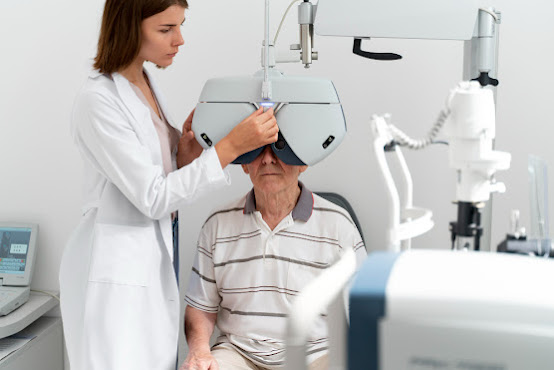Hormonal changes are a natural part of life, especially as we age.
While they can feel overwhelming at times, simple lifestyle choices can make a real difference in how you experience those changes.
You don’t have to accept feeling off-balance—you can take small steps that help your body feel stronger, more stable, and better supported every day.
Here’s how thoughtful daily habits in assisted living Glendale can ease the transition and improve overall well-being.
Focus on Balanced Nutrition
What you eat plays a major role in hormonal health.Choosing foods that stabilize blood sugar and reduce inflammation can help minimize symptoms like mood swings, fatigue, and weight gain.
Key foods to add into your meals:
- Leafy greens and colorful vegetables
- Healthy fats like avocados, nuts, and olive oil
- Lean proteins, including fish, chicken, and legumes
- Fiber-rich grains like quinoa and oats
Prioritize Regular Movement
In retirement homes, exercise isn’t just good for your heart and muscles—it’s essential for hormonal balance too.Physical activity helps regulate insulin, cortisol, and even mood-related hormones like serotonin and dopamine.
You don’t have to commit to intense workouts.
Simple, sustainable activities work wonders, such as:
- Brisk walks
- Yoga or stretching routines
- Gentle strength training with resistance bands
Support Sleep Health
Hormonal health is deeply tied to sleep quality.Poor sleep throws off cortisol and melatonin levels, leading to increased stress, lower immunity, and difficulty regulating other hormones.
Good sleep habits include:
- Keeping a consistent bedtime and wake-up time
- Limiting screen time an hour before bed
- Creating a dark, cool sleeping environment
- Practicing calming routines like reading or meditation
Manage Stress Mindfully
Chronic stress triggers imbalances in many hormone systems, particularly cortisol and adrenaline.Mindful stress management is one of the most powerful tools you can use.
Simple strategies include:
- Deep breathing exercises
- Gentle meditation or prayer
- Spending time outdoors in nature
- Connecting regularly with supportive friends or family
Listen to Your Body
Finally, no two people experience hormonal changes the same way.Stay tuned in to how different foods, activities, and habits affect you personally.
Track patterns if needed, and don't hesitate to ask your healthcare provider for personalized guidance when symptoms feel challenging.
With the right lifestyle foundations in place, it’s entirely possible to move through hormonal transitions with greater ease, strength, and peace of mind.






